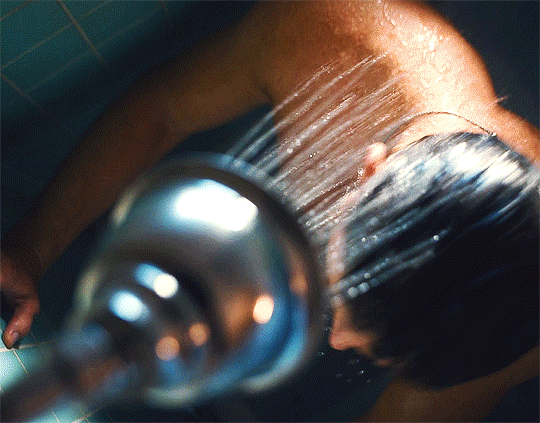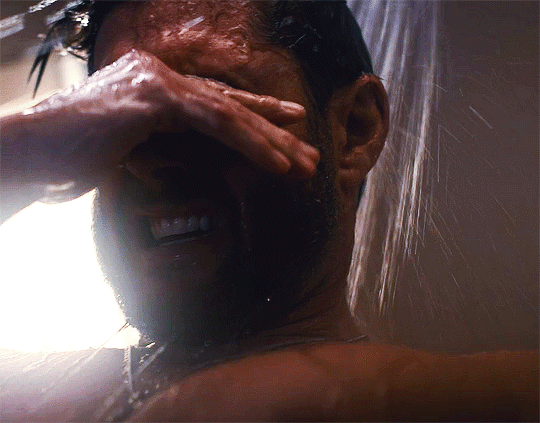Melbourne-based eComm nerd with a soft spot for sunsets, progressive politics, great books, airport lounges and handsome men.
Last active 4 hours ago
Don't wanna be here? Send us removal request.
Text
✨ 18+ ONLY — NSFW / kink / queer joy / soft chaos
🏳️🌈🏳️⚧️ LGBTIQA+ / Pro-Trans / Pro-Palestine / Abolitionist / Anti-fascist
📍 He/Him | Single | Melbourne, Australia
💻 eComm & SEO by day | Tumblr trash by night
📌 Progressive | Leftist | Loud online, soft in bed
🧠 Fandom brainrot: Charmed, sci-fi heroines, magical girls, messy queers
🖤 Sex-positive | body-positive | neurodivergent friendly | kink-aware
🔞 No TERFs, racists, cops, Zionists, or minors
📚 Here for the art, the politics, the yearning, and the gay subtext
📬 Glitches in the Gaydar — chaotic pop culture & queer nostalgia, straight to your inbox ⬇️
0 notes
Text
Just a reminder, this is a pro-Palestine and anti Zionist page. If you have any sympathy for Israel, kindly fuck off or make yourself known and I will block you. It's not up for discussion or debate at this point.
38 notes
·
View notes
Text
There’s an old Scooby Doo Promo where they recreate the iconic opening scene of the original Scream movie.
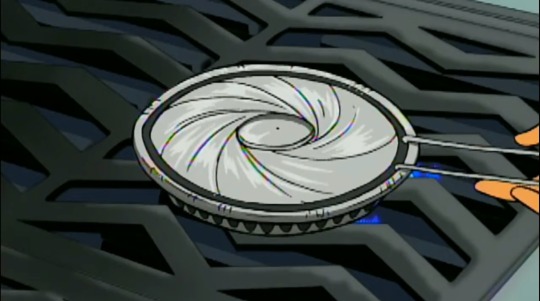
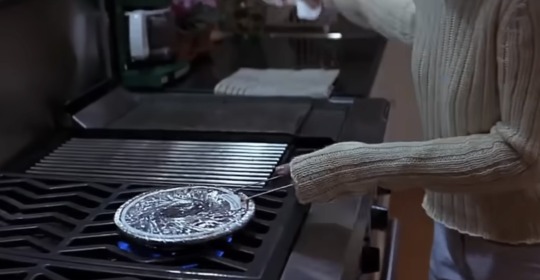
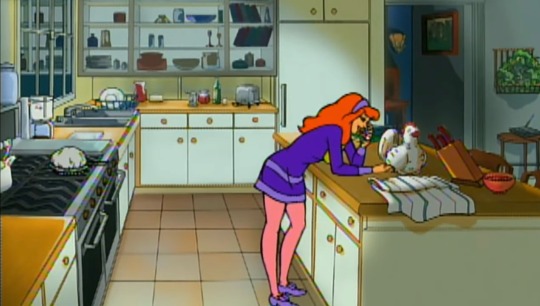
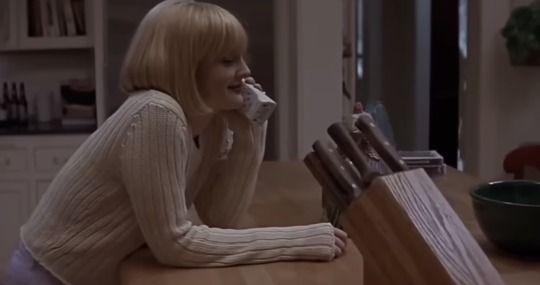
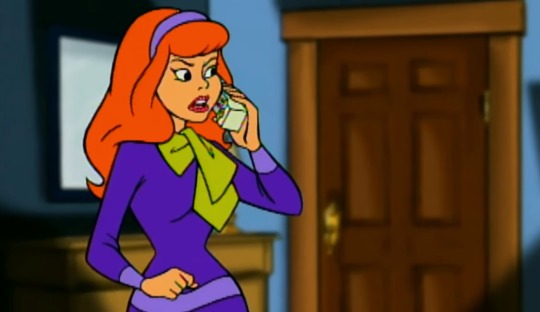
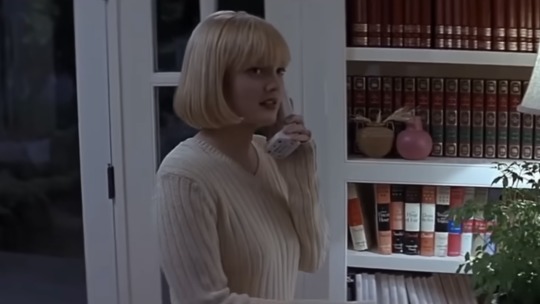
At the end of the promo it’s revealed that shaggy is just prank calling Daphne, which is extra funny because Matthew Lillard played one of the killers in Scream (Stu Macher) as well as playing Shaggy in the live action Scooby Doo movies (and later voicing the character in animation)
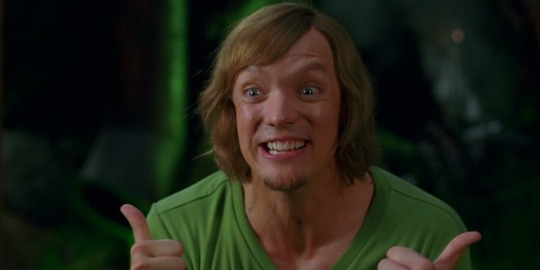
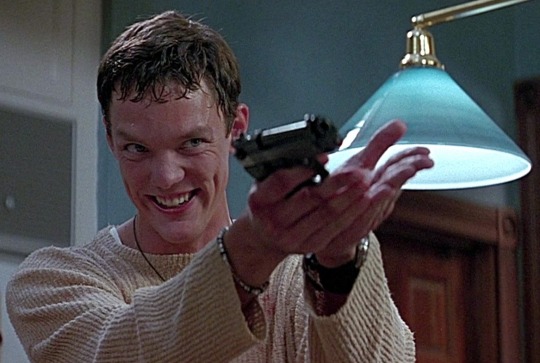
The thing that’s absolutely wild is that this promo aired 5 years before Matthew Lillard was cast as Shaggy for the first time.
This is exactly the kind of meta humor that the Scream Franchise loved to play with, but it was a complete accident.
6K notes
·
View notes
Text


Portrait d'Arthur Gillet by Edgar Saillen
RedSanctum
630 notes
·
View notes
Text
Christos Tsiolkas and the Beauty of Discomfort
There are few writers who make you squirm like Christos Tsiolkas. Not because he’s cruel. Not because he’s shocking for the sake of it. But because he dares to tell the truth—especially the ones we pretend not to know.
Since the release of Loaded in 1995, Tsiolkas has carved out a singular place in Australian literature: queer, brutal, tender, and fearless. His novels walk through the back alleys of Melbourne and the broken corridors of identity, never sanitising the messy intersections of desire, class, race, or faith. He doesn’t offer easy heroes. He gives us people—flawed, lustful, angry, yearning—and asks us to sit with them in the heat of their contradictions.
Rage, Shame, and Class in a Neoliberal Nation
At the core of almost every Tsiolkas novel is a deep interrogation of class and shame. Not as distant ideas, but as internalised conditions. His characters carry the weight of immigrant ambition, the humiliation of working-class invisibility, the sickened guilt of social mobility. They want more—not just money, but meaning. And they’re furious at what they had to give up to chase it.
In The Slap, arguably his most famous work, a child is hit at a suburban barbecue, but the real violence ripples far deeper—through marriages, friendships, cultures, and personal hypocrisies. It’s not about parenting. It’s about power. About entitlement. About how quickly the bourgeois façade cracks when you poke it with a stick.
No one gets out clean in Tsiolkas’ worlds. And that’s the point.
Sex and Salvation
Whether it’s Ari in Loaded, Danny in Dead Europe, or the conflicted protagonist of Barracuda, Tsiolkas writes sex with a rawness most literary fiction shies away from. His sex is never just pleasure. It’s punishment, escape, confession, defiance. It’s the body as battleground—especially for men who’ve been told their queerness makes them disgusting, or who’ve internalised every slur they grew up hearing in schoolyards and family kitchens.
But for all its brutality, Tsiolkas’ work is also achingly spiritual. He returns again and again to ideas of grace, redemption, and belief—not necessarily in religion, but in connection. In Damascus, he reimagines the early Christian world through the eyes of St. Paul, capturing faith as a violent, beautiful form of surrender. It’s not about dogma—it’s about the longing to believe in something bigger than shame.
Queerness Without Apology
Christos Tsiolkas is one of the few Australian writers who has consistently explored queerness not as an “issue,” but as texture—integral to identity, but not its only defining feature. His characters don’t strive for likability. They crave pleasure. They lie. They hurt people. They make bad choices. And in doing so, they break the mould of queer characters who exist only to be tragic or noble.
There’s something liberating—radical, even—in how unapologetically messy they’re allowed to be.
Greek-Australian, Not in Translation
Tsiolkas doesn’t write “ethnic” characters for white readers. He writes from the inside. His Greek heritage is not a costume or backdrop—it’s embedded in the rhythm of the sentences, the smell of the kitchens, the guilt of every second-generation child who can’t live up to their parents’ sacrifices.
He explores diasporic identity without nostalgia or moralism. What’s left is something harder, more honest, and more interesting: the truth of never feeling fully at home in either culture.
What He Gives Us (Even When It Hurts)
Reading Christos Tsiolkas is not comfortable. That’s the point. He writes characters who sweat, fight, bleed, and pray—and he asks us not to look away.
But he also writes with compassion. Not soft pity. Not moral superiority. Real compassion—the kind that looks at a person at their most unforgivable and asks: "Why did they become this way? What would I do in their place?"
His work doesn’t flatter the reader. It challenges you. And in a literary world increasingly addicted to likability and clean moral arcs, that challenge matters.
Final Thought: He Writes What No One Else Will
Christos Tsiolkas makes space for the ugly, the ashamed, the overlooked. He writes men who are hollowed out by desire and women exhausted by expectation. He writes Australia as it is, not how it wants to be seen.
If his books are hard to read, it’s because they’re honest. If they’re confronting, it’s because they confront you. And if he isn’t a household name on every lit-bro’s bookshelf, that says more about the culture than it does about the work.
Because the truth is this: Christos Tsiolkas has never stopped telling the truth. Even when it bleeds. Especially when it bleeds.
0 notes











